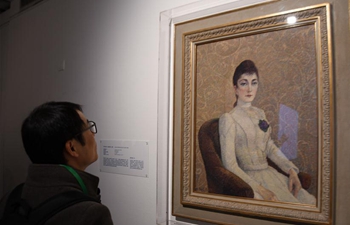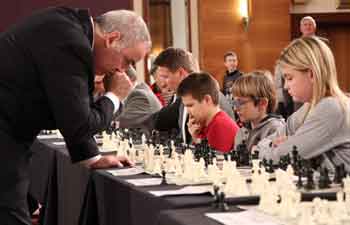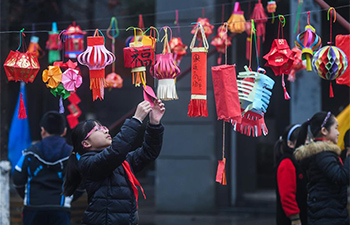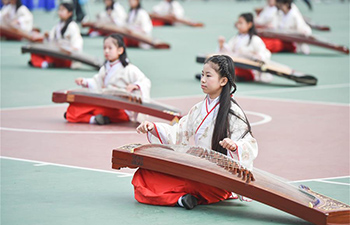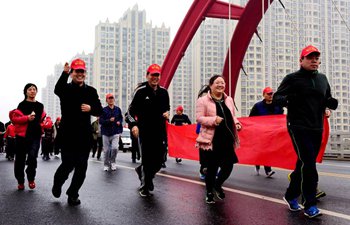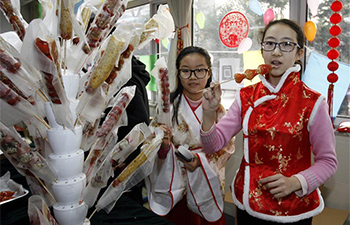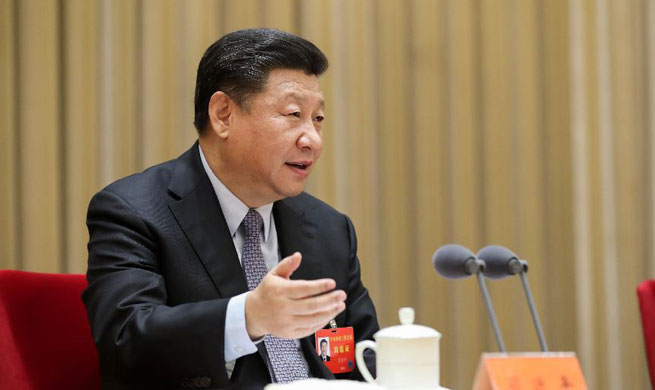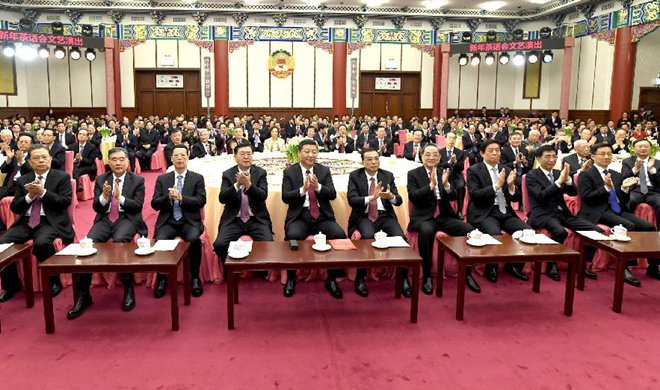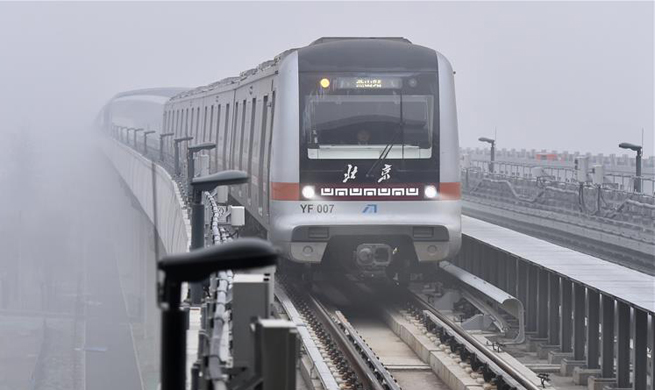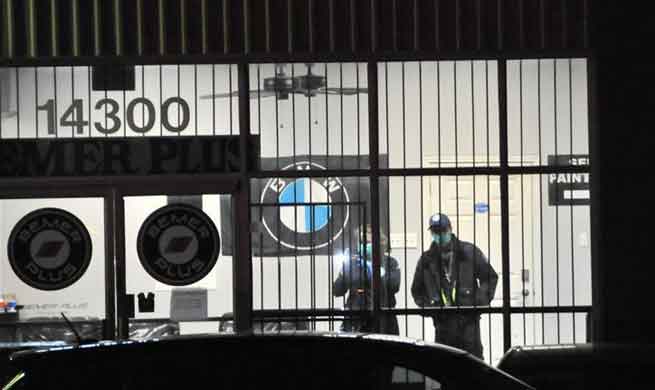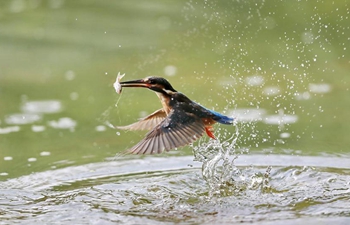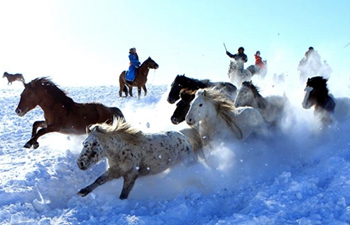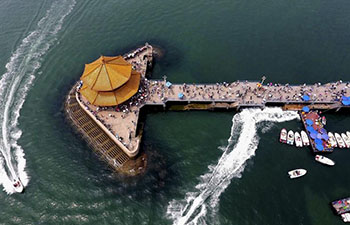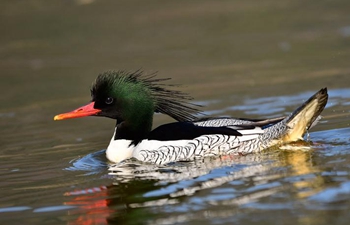ISTANBUL, Dec. 30 (Xinhua) -- As economic incentives are being announced by the Turkish government, many feel snap presidential and parliamentary elections are on the horizon, despite repeated denials from the leadership.
Most opposition parties are expecting snap polls in the summer or fall of 2018 due to fears that the economic situation may get worse.
"The possibility of snap elections in the summer is quite high," Ozer Sencar, head of the Ankara-based Metropoll polling company, told Xinhua, arguing that all the government's recent moves suggested it.
Turkish Prime Minister Binali Yildirim announced on Sunday that the government would hire 110,000 public servants in 2018, including teachers and medical personnel.
Labor Minister Julide Sarieroglu said the same day that 450,000 contractual workers in the public sector would be granted permanent positions.
The main opposition Republican People's Party (CHP) has announced that it would do away with the system of contractual employees who mostly received minimum wage.
It is widely argued that the ruling Justice and Development Party (AKP) would choose July 15, the anniversary of a failed coup in 2016, as the date for snap elections.
"I expect snap parliamentary and presidential elections to be held on July 15 next year," said Meral Aksener, leader of the recently established Good Party.
For Sencar, July 15 is also the most probable date for early polls. "The AKP may hope to benefit from the spirit of that day," he said.
President Recep Tayyip Erdogan, who also heads the AKP, called on Turks on the night of the coup attempt to take to the streets to confront the plotters.
Thousands of AKP supporters responded by flocking to the streets in big cities in a move that helped thwart the putsch within hours.
Turkey is scheduled to hold local elections in March 2019, the parliamentary and presidential elections simultaneously in November that year.
CHP leader Kemal Kilicdaroglu argued last week that the ruling party would call for early elections the moment it feels the economy is declining.
Despite the expected economic growth of more than five percent this year, Turkey's economy is suffering from chronic problems such as high current account deficit and unemployment rate, increasing foreign debt, rising inflation and foreign exchange rates.
The Turkish economy is the most vulnerable in the world, according to a recent report by the S&P credit ratings agency.
Mahir Unal, the AKP spokesman, reiterated on Monday that the elections would be held according to schedule.
The government has unveiled some incentives for small businesses, including allowing them access to public loans on easy terms in an attempt to revive the economy.
Erdogan has also made several pledges at the AKP's provincial congresses in recent months, including lifting the ban on locals in the southeastern province of Hakkari of grassing their animals on the highlands as of spring.
Sencar perceived it as a message aiming to win over Kurdish voters.
For a long time, locals in Turkey's predominantly Kurdish southeast have been barred from going to the highlands for fears that members of the outlawed Kurdistan Workers' Party (PKK) could disguise themselves as shepherds and use the livestock on the highlands as easy food.
In a controversial referendum in April, Turks voted by a very narrow margin for replacing the country's parliamentary system with an all-powerful executive presidency.
The presidential election slated for November 2019 is critically important as the constitutional amendments introducing the presidential system will come fully into effect thereafter.
Leading opposition parties have announced their intention to continue with the parliamentarian system.
Many fear that Erdogan would do away with secularism and Islamize the country if he wins in the presidential election.
"Given the current picture of the economy, I would not delay going to the elections," Aziz Konukman, a professor of economics with Gazi University, told Xinhua.
He does not see an economic crisis looming as long as the flow of hot money into Turkey continues.
In his view, the AKP will call for snap polls when it sees hot money coming to the country, as it would be possible to revive the economy through hot money though not in a lasting or healthy way.




